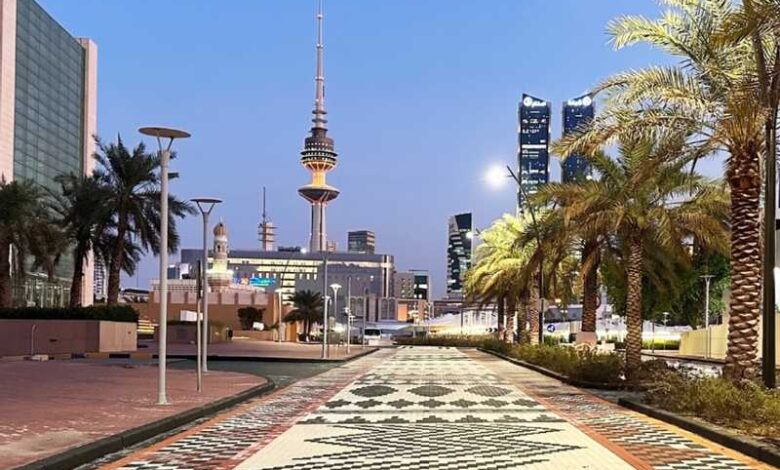
The Kuwaiti Council of Ministers is currently reviewing a proposal to establish Al-Kout Investment Company, a state-backed investment entity with an initial capital of 50 billion dinars.
The initiative, spearheaded by Finance Minister Noura Al-Fassam, aims to transform Kuwait’s economic landscape by supporting large-scale infrastructure projects and reducing the country’s reliance on oil revenues, reports Al-Qabas daily.
Al-Kout Investment Company will focus on five strategic sectors — transportation and logistics; energy and utilities; smart cities and real estate; tourism and hospitality; and industrial manufacturing.
The proposal outlines a six-year implementation plan (2025–2030) that includes launching key infrastructure projects, issuing bonds and sukuk, and achieving financial sustainability by the end of the decade.
According to the Ministry of Finance, the new company could reduce the burden on the national budget by up to 30%, attract 10 billion dinars in private and foreign investment, and generate up to one billion dinars in annual revenues by 2030.
Additionally, the initiative is projected to create over 50,000 jobs, making it a key pillar in advancing Kuwait’s Vision 2035.
The company will operate under the supervision of the Minister of State for Economic and Investment Affairs, with oversight by regulatory bodies like the Audit Bureau and Capital Markets Authority. A balanced governance model will include representatives from both the public and private sectors.
To ensure success, the strategy emphasizes global investment standards, diverse financing sources, and public-private partnerships.
The company’s revenue model will be built on income-generating infrastructure such as ports, highways, and logistics zones.
The proposal also outlines a phased rollout:
- 2025: Company establishment and legal framework
- 2026: Launch of initial projects in ports, energy, and transport
- 2027–2028: Private sector investment and capital market instruments
- 2029–2030: Revenue generation and financial independence
The Cabinet’s Economic Affairs Committee has requested further feedback from relevant ministries to refine the proposal and prepare legislation to attract foreign investors and ensure transparency and accountability.












